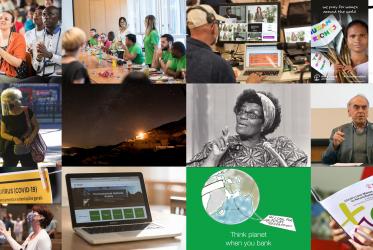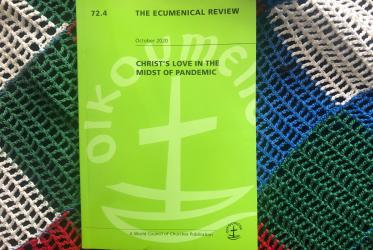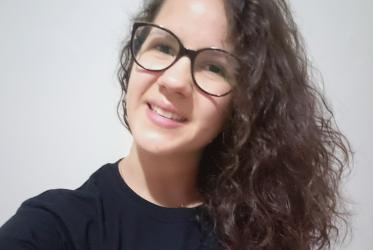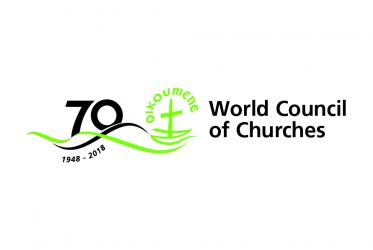Displaying 1 - 17 of 17
21 December 2023
"Out of the Shadows" toolkit now available in French and Spanish
20 January 2022
Hanbeet Rhee: “Young people can be bridges”
17 October 2019
Larissa Aguiar Garcia: "We're opening a safe space”
26 September 2019
Workshop in Jamaica focuses on human rights
16 May 2019
A safe space for sinners to change and for pain to be shared
03 August 2017
Young ecumenists address new realities of global movement
25 February 2016












